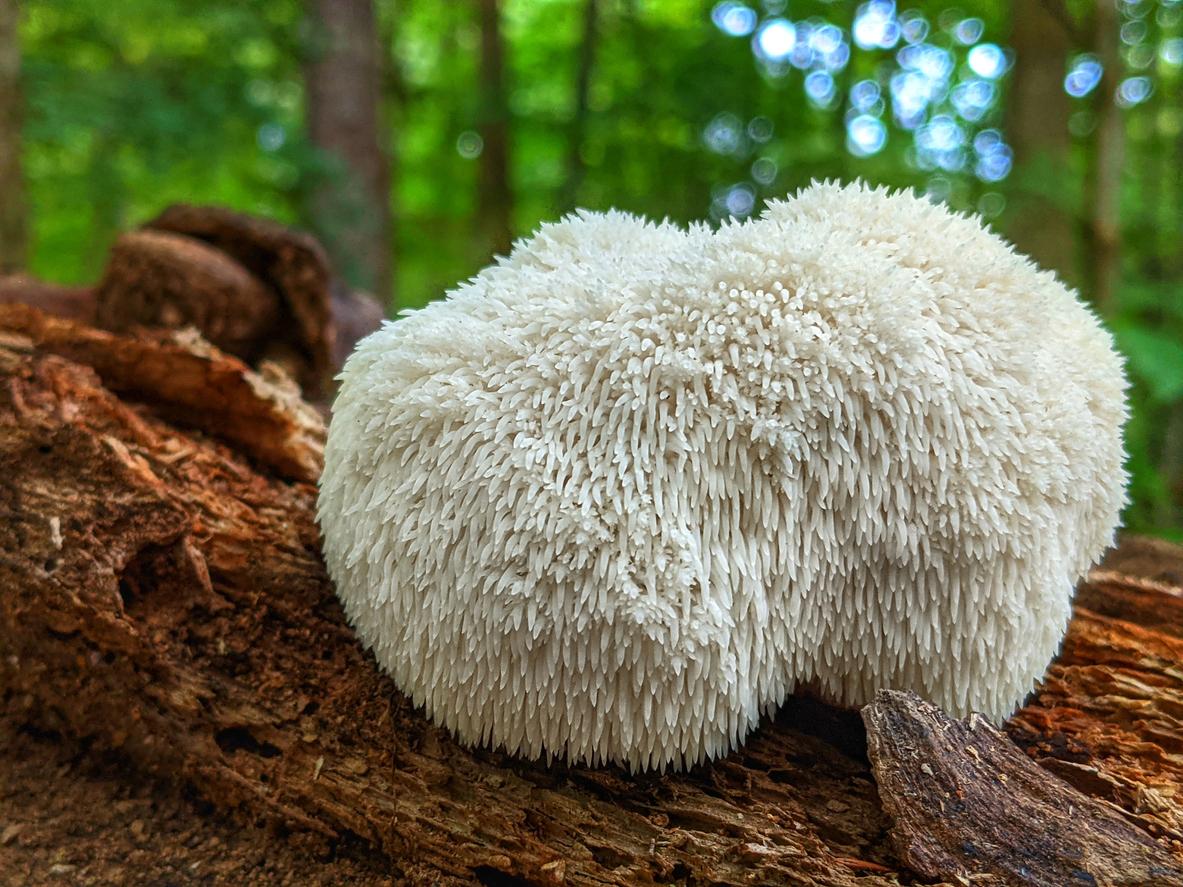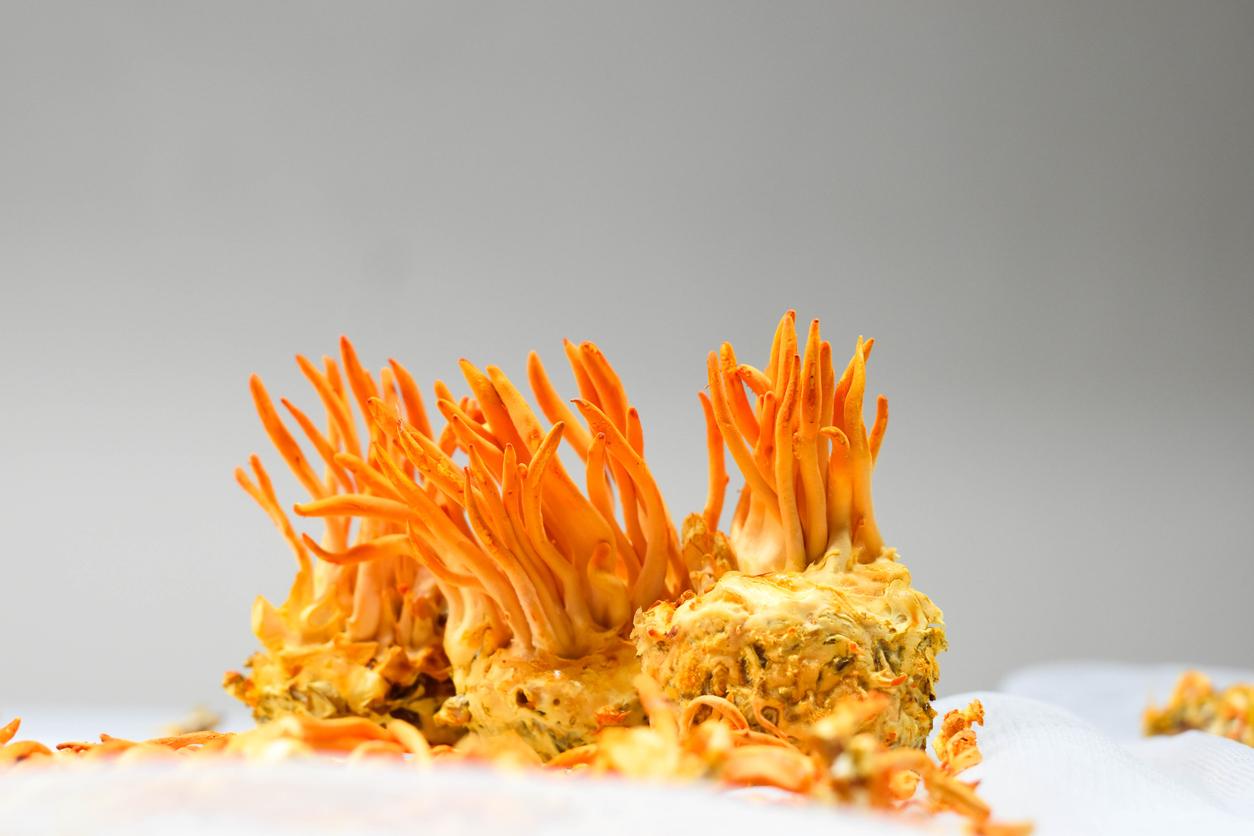Researchers have discovered that the mushroom Hericium erinaceus, also called lion’s mane or lion’s mane, can improve memory by boosting the growth of brain cells.

- Growing on live wood in the Northern Hemisphere, Lion’s Mane is edible when young.
- Domesticated since the 1960s, it is one of the ten most cultivated mushrooms in Asian countries.
- Hericium erinaceus has been used in traditional Chinese medicine for centuries, among other things, to relieve chronic stomach diseases.
Cognitive decline associated with aging and neurodegenerative diseases is a major source of concern for both the general public and scientists. A team from Queensland Brain thinks they have found a new weapon against this problem in an edible mushroom called Hericium erinaceus, and more commonly the lion’s mane or lion’s mane.
An edible mushroom that grows brain cells
Australian scientists are interested in Hericium erinaceus. “Extracts of these mushrooms, also called lion’s mane, have been used in traditional medicine in Asian countries for centuries, but we wanted to scientifically determine their potential effect on brain cells.”explains Professor Frederic Meunier, author of this study published in the Journal of Neurochemistry.
The reviews conducted have shown that some of the active compounds in this edible have a significant impact on brain cell growth and memory enhancement.
“Using super-resolution microscopy, we discovered that the mushroom extract and its active components dramatically increase the size of growth cones. They are particularly important for brain cells to sense their environment and make new connections with other neurons in the brain”says the expert.
Lion’s Mane: A New Track Against Alzheimer’s
For the researchers, the identified Lion’s Mane compounds could be a new weapon against neurodegenerative cognitive disorders such as Alzheimer’s disease.
“Our idea was to identify bioactive compounds from natural sources that could reach the brain and regulate neuron growth, leading to improved memory formation”explains in a communicated Dr. Martinez-Marmol who also participated in this study.
However, further work will be needed to find the direct target of compounds in the fungus capable of driving neuronal growth and to determine whether this new pathway can be exploited to improve memory and cognitive performance.

















